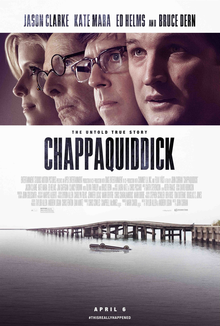Alright. Here it finally is. What I claimed in February to be telling you, although as you know there was a sincere reason for why I lied to you then. A summary of why I love
The Lord of the Rings, on both paper and film.
I feel I should start with the films, purely because they were my first exposure to Middle-earth and I was 13 when
The Fellowship of the Ring came out. I saw it theatrically, and I left that theatre a very different kid to the one who entered it. (Ironically now, I was very anxious the night before I saw it, because I'd never seen such a long movie at the cinema before. But obviously, I ended up wishing it were even longer.) Everything about it just entranced me: the visuals, the music, the story, even the acting and direction. I was immediately as attached to it as Gollum is to the One Ring. Then, while awaiting the next two films (which amazed me just as much and still do), I read the book. That took me just over a year after I bought the unabridged, three-volume film tie-in edition (which I still have, of course), and it cemented my fandom. Tolkien's writing is understandably divisive, but it absorbs me thoroughly because of its intense, maybe pedantic descriptiveness which I consider essential for most high fantasy, and he (alongside C. S. Lewis, his Oxford colleague) had to invent modern fantasy in general practically individually. From there, I read
The Hobbit,
The Silmarillion,
The Children of Hurin and
The Fall of Arthur, all great books.
Professor Tolkien established the literary subgenre of mythopoeia; basically one whose narrative contains an entirely fictional and ancient history. The level of detail, consideration, intellect, time (real
and imagined), inspiration (
The Hobbit was originally a bedtime story he told to his young children, and many of the characters in his works were based on people he fought with in World War I) and enthusiasm Tolkien infused his tales with just give them a scale and power that is undeniable no matter how you feel about his writing, how many imitations it has spawned, or whether you like the fantasy genre in general.
That scale and power gradually gave it a reputation as an unfilmable work (even Tolkien himself considered it that, and subsequently sold the film rights for only $15 000). Ralph Bakshi tried and failed to disprove that reputation with his 1978 animated adaptation which flopped commercially and critically, and only told half the story anyway. But then, of course, one Peter Jackson achieved the unthinkable over 20 years later. His trilogy became the most lucrative in film history to that point, won 17 Oscars from 30 nominations, put his native New Zealand on the global map as a tourism and filmmaking hot-spot, and made Tolkien's novels commercially hot again.
Maybe it's because I'm a proud nerd, or because my conditions have given me a taste more for the overtly visual and imaginative, but in honesty I simply can't briefly, concisely or coherently express all the reasons why I'm such a huge fan of
The Lord of the Rings after all. Fuck, I can't even articulate
how much I love it. But then again, by this point, I guess I don't even
need to. Now, if you'll excuse, I have to go and find...
myyyyy... preccccccioussssss!
